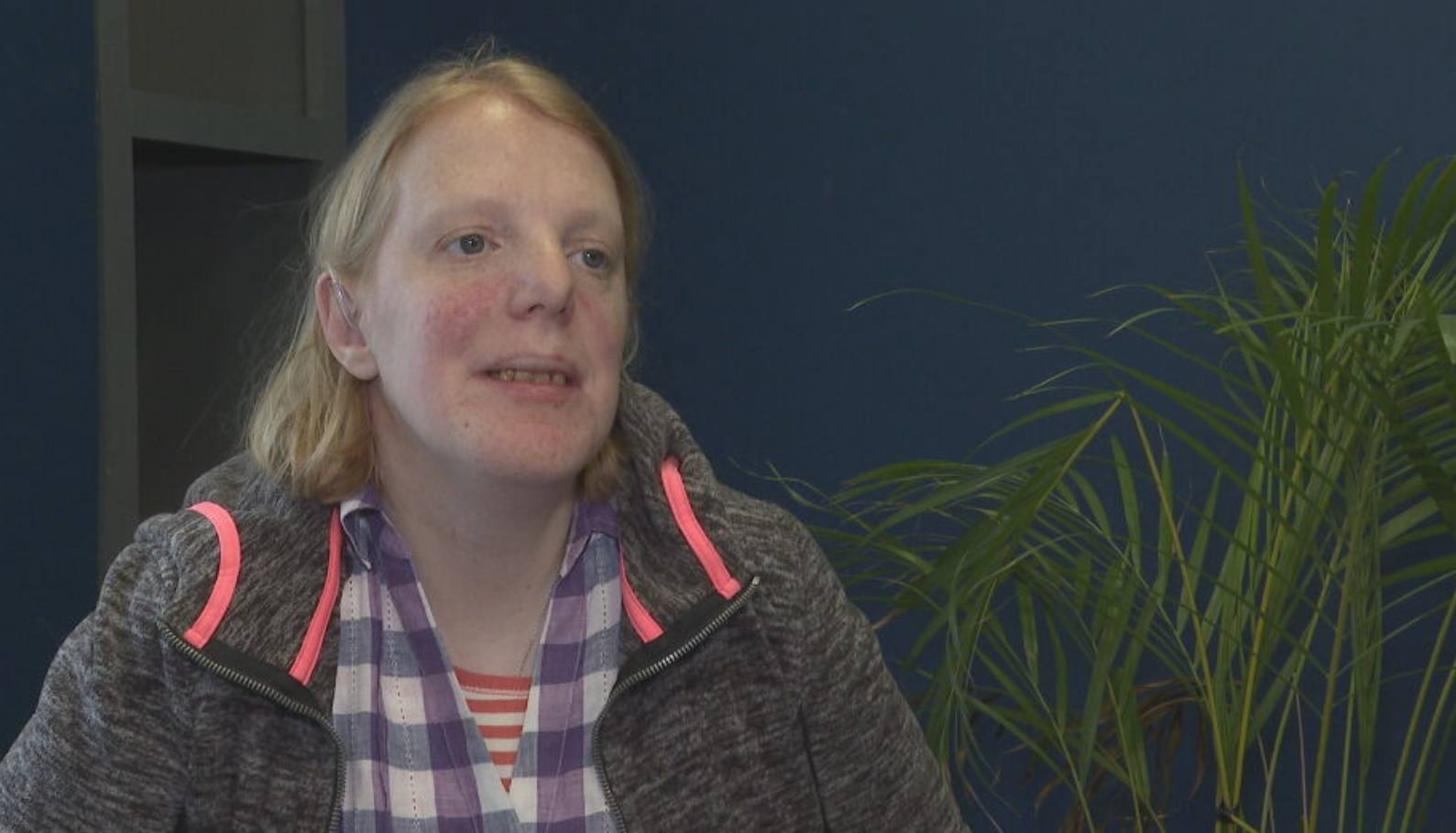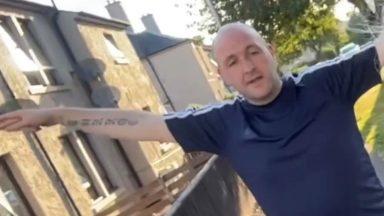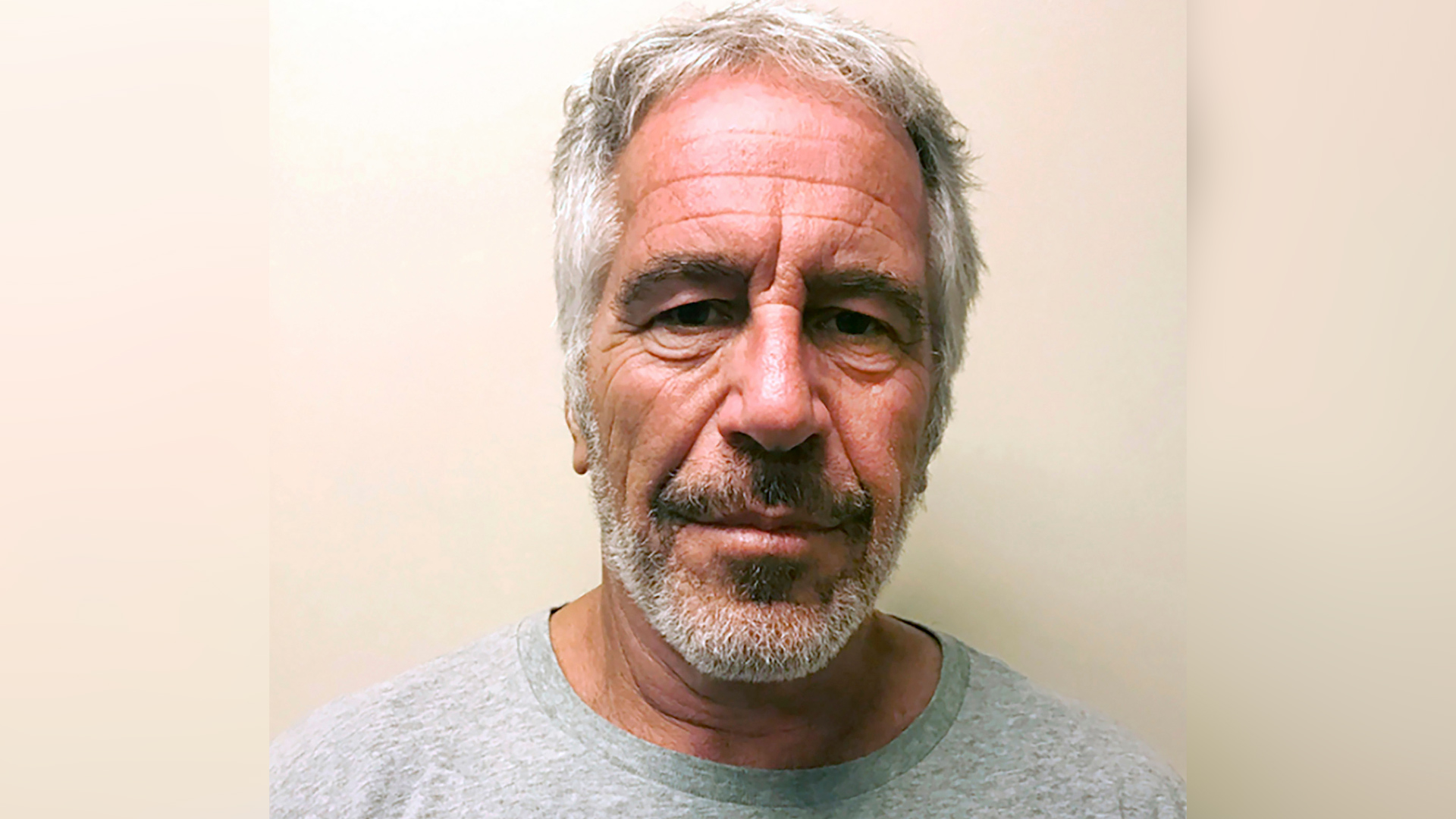An autistic woman says she was admitted to a psychiatric ward five times after being misdiagnosed as bipolar for ten years.
Ailsa Lindsay, from Glasgow, says she still suffers trauma and is backing a new bill at Holyrood aimed at improving outcomes for autistic and neuro-divergent people and those with learning disabilities.
Campaigners say the life expectancy of people with these disorders is on average 20 years less, and having legislation to strengthen their rights is a “once in a lifetime opportunity”.
Charities are urging as many people as possible to have their voices heard in a consultation.
‘I’m not mentally ill – I’m just me’
Ailsa, 29, said she is still dealing with the trauma of how she was treated by the health service.
She said she was misdiagnosed as bipolar aged 18 and prescribed anti-psychotic medication, including lithium, over a ten-year period.
She was admitted to a hospital psychiatric ward five times.
She told STV News: “There’s a lot of trauma from that. I was 18, in a ward with males, some of whom were just out of jail. I have gone through a lot and live with it when I shouldn’t have.
“I needed blood tests all the time due to the medication.
“The health board didn’t listen to me and neglected me. My family and I were saying something wasn’t right. The bipolar diagnosis never felt right.”

Ailsa later went private and was diagnosed with autism and ADHD – it was then that “everything made sense.”
She was bullied throughout her school years and in the workplace and had been let go from jobs as she was seen as “rude”.
“I always felt a bit different as a child,” she told STV News.
“I hated being in crowded places. We thought it was depression, but now we know I was autistic.
“I was masking so much throughout my life. It’s quite sad looking back.
“If I got the right support, I would have understood there was nothing wrong with me. I didn’t need to feel like an outsider.
“I’m not mentally ill. I’m just me.”
Alisa hopes new legislation will help “celebrate” people with autism and create a better understanding of neurodivergence in healthcare and the workplace.
“It isn’t just one thing; it affects all sorts of people,” Ailsa said. “It makes me very sad that people have to wait years for this [diagnosis].
“There’s so much misunderstanding of what autism is; that it’s an illness, a deficit that only affects men.
“We need to celebrate autistic people. I feel like my life is just beginning now.”
Ailsa and charities such as the National Autistic Society and Enable Scotland are backing a new bill at Holyrood creating a commissioner to protect and promote the rights of autistic people and people with learning disabilities.
The Scottish Government’s Learning Disabilities, Autism and Neurodivergence Bill was a SNP manifesto commitment in 2021, and has cross-party support.
 STV News
STV NewsHeather Elisabeth Gilchrist is a membership ambassador with Enable Scotland.
She said disability awareness training needs to be widespread in workplaces.
“Charities have been pushing this for years. It’s been promised and it’s never happened until now,” Ms Gilchrist told STV News.
“It’s to hold people to account for services like healthcare and employment. The commissioner will help us.
“It’s really important.”
‘We need to listen to autistic people about what will make their lives better’
MSP Stephanie Callaghan is the vice convenor of the parliament’s committee for learning disabilities and is mum to three autistic children.
She said: “They are fantastic but they face challenges, what we hear from lots of people with learning disabilities, autism and other neuro-diverse conditions.
“There are problems around communication and social skills. My kids don’t pick up the same way on cues, changes in facial expression and tones of voice.
“Other kids notice they are different, so they might get left out or bullied. With teachers it can be an issue too.
“What quite often happens is there a build-up of anxiety and sensory issues too.
“Things we don’t notice in the background, noises and lights, are turned up to 100 for autistic people.
“It can make it hard to concentrate and it’s quite stressful. By the time they get home they are ready to explode, autistic meltdowns.”
She encourages as many people as possible to make their voices heard to help shape the legislation.
She added: “It’s about listening to autistic people and finding out what will make their day to day lives better, reduce inequalities and barriers they face.
“It’s critical we get people’s views in and prioritise what matters.”
‘The diagnosis of mental illness is complex’
A spokesperson for NHS Forth Valley said: “The diagnosis of a mental illness is complex and is only made after a comprehensive clinical assessment which takes into account a wide range of factors.
“These include an individual’s medical history, health and personal circumstances and the symptoms they present with at that time. Following diagnosis, treatment is provided in line with national evidence-based guidance and best practice to ensure people receive the care they require.
“Strict guidelines and safeguards are in place for anyone detained under the mental health act to ensure that a patient’s views are taken into account, including access to independent advocacy, legal representation and a named person.
“Assessments for autism and ADHD undertaken in the private sector may not necessarily be carried out using the same standards or approach used by specialist clinicians in the NHS.
“However, it is not uncommon for individuals to have more than one mental illness and several studies suggest that many children and adults with bipolar disorder may also have autism.
“We would urge anyone who has any concerns or questions relating to their diagnosis and treatment, regardless of when this took place, to get in touch with our Patient Relations team so that they can review their care and respond direct.”
The consultation for the Scottish Government’s Learning Disabilities, Autism and Neurodivergence Bill closed on Monday.
Follow STV News on WhatsApp
Scan the QR code on your mobile device for all the latest news from around the country

























